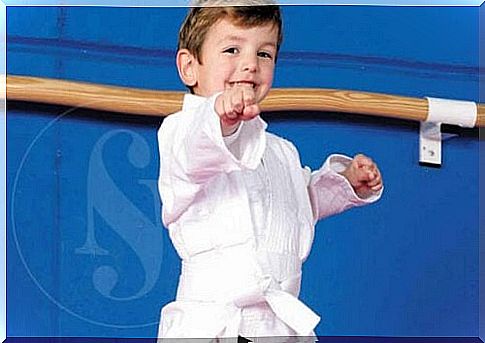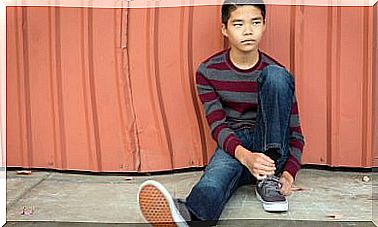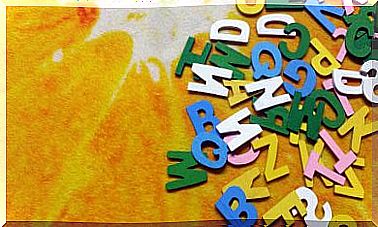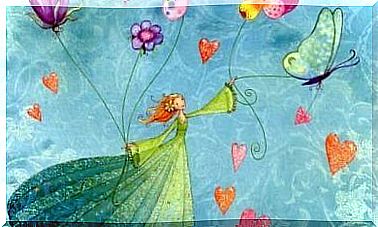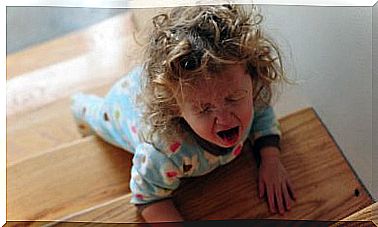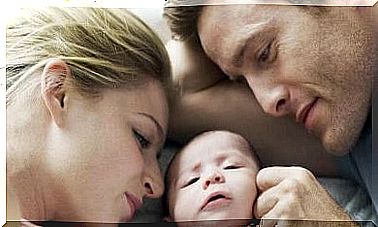8 Exercises To Strengthen Your Baby’s Muscles

Exercise is essential in the life of any person to maintain adequate health. With physical activity, circulation improves, unnecessary fat is burned, and bones and muscles are put into motion.
Due to this, it is recommended that you put into practice the following exercises to strengthen your baby’s muscles.
During the first years of life, the baby needs to acquire muscle tone to sit, crawl or walk. Through physical activity, you can help him strengthen his small muscles so that he has the necessary motor skills.
In addition, the time of exercise will be ideal to spend time with your baby and help him build healthy habits.
The best exercises to strengthen your baby’s muscles
Studies reveal that babies and preschoolers need at least half an hour of exercise every day. Implementing this activity in the family routine will reduce the chances of being overweight and other diseases associated with this condition.
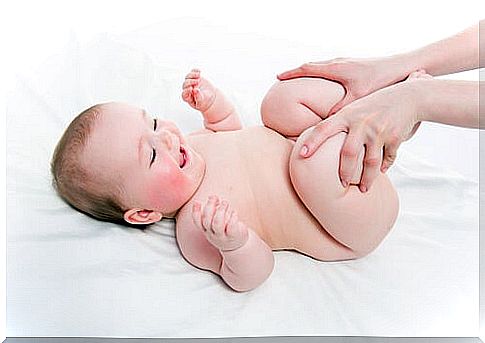
Why are exercises necessary to strengthen your baby’s muscles?
Brain development is directly linked to muscle activity in children, especially at an early age.
Children who lack muscle development do not build as effective neural connections as those who do have regular physical activity.
In addition, as we already mentioned, when children exercise from an early age, they are more likely to continue this habit into adulthood. Early on, the baby can begin to develop flexibility, coordination, and balance.
0 to 6 months
- Place the baby on his back on the bed and put your index fingers between his hands. When he squeezes them, grab him by the hands and push him to lift his torso off the bed. The baby will gradually increase strength and try to lift his own body. Hold it elevated for a few seconds and then gently lay it back on the bed.
- Place the baby in an upright position next to your shoulder. In this position, the baby will be able to lift his head for a few seconds. You must make sure to support his back with your arms so that his body does not lean back.
- Place the baby in a tummy-down position on a soft but firm surface. During the first few months, the baby will not do much in this position, but as he grows this will change. He will try to turn his head and support his body on his forearms to look around.
- Put the baby on his back and hold his feet. Alternate movements by holding one leg extended and bringing the other to your chest. Repeat this movement three times with each leg and let it rest before doing it again.
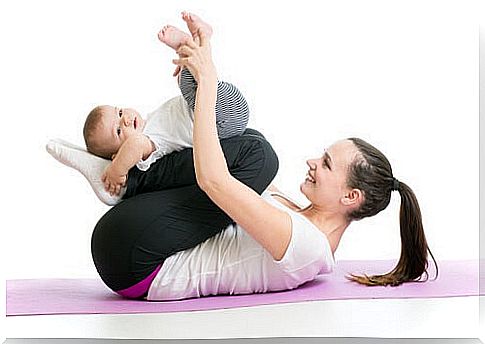
6 to 12 months
- While the baby is lying on his back, hold him by the forearms and lead him to sit up keeping his back straight. Hold it for a few seconds and then slowly return it to the starting position. Repeat the exercise four times.
- Put the baby on his tummy and carefully place his forearms under your shoulders. Then grab him by the hips and raise him to a 45 ° angle off the ground. Let the baby rest on his forearms.
- Another of the exercises to strengthen your baby’s muscles should start with the little one lying on his back. Take her right leg and, keeping it straight, bring it towards her left ear. Return to the starting position and repeat the movement 5 times alternating with the other leg and ear.
- The exercise that is commonly known as “the bicycle” is also suitable for children of this age. Lay him on his back, hold his feet and simulate the movement of his legs when pedaling.
Remember that it is essential that you involve your children in the habit of physical conditioning. And, of course, you can gather your family around physical activity.
In addition to being a healthy practice, it is a great strategy to promote family life. Helping your children to have healthy habits will allow them to be happy adults with adequate routines.
